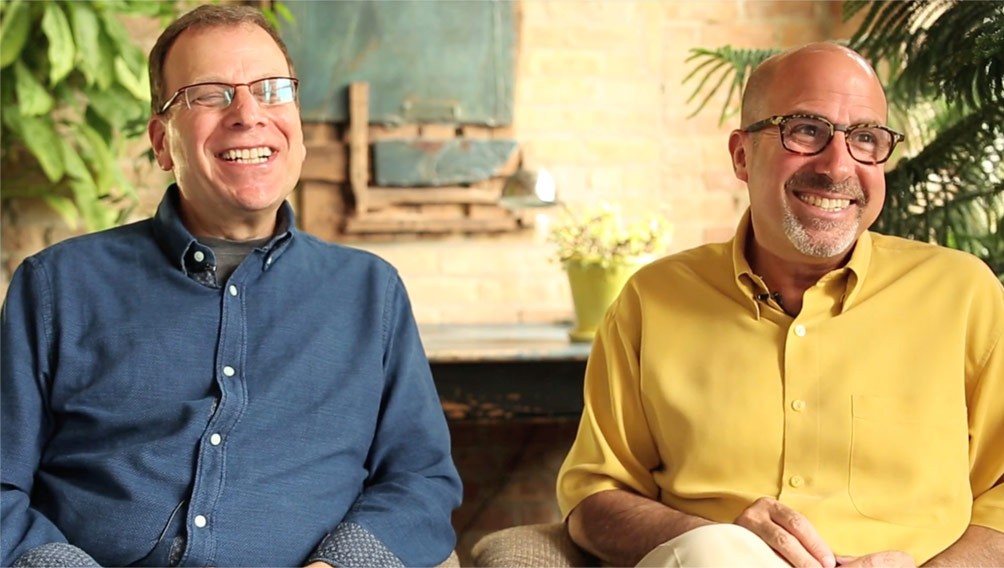About Us
Our Vision
Imagine a world in which all humans have access to their whole self through the fullness of their intersecting identities

Our Mission
To be a model of a community of diversely identified humans working together to transform the emotional, psychological and spiritual well being of individuals, families and communities, beginning with ourselves

A Note on Live Oak
Live Oak was founded by Bruce Koff and Jeff Levy in 2004. At the time the organization was founded, Live Oak was built with a focus on trauma and the impacts of marginalization, with a specific attunement to the effects of marginalization by way of systemic heteronormativity.
In the years since then, Live Oak has been on a journey to expand our understanding of the varied ways that trauma and marginalization are experienced at the intersections of the array of identities that we hold as humans.
It is through the lens of this evolution that we hold our vision, mission, theory of change, and goals.
Live Oak Theory of Change, Identity Centered Clinical Practice:
At Live Oak, we believe that understanding ourselves is a critical part of the journey of supporting others in understanding themselves. We believe that in order to support those who participate in therapy, consultation, and training ethically, each staff member and trainee must commit to an ongoing practice of investigating the many identities and experiences that we are managing throughout our lives. This includes our identities and experiences related to gender, sexuality, familial role, personal history, work roles, culture, race, ethnicity, religion, familial structure, spirituality, ability, body size, body experience, neurological experience, etc. We believe that we must interrogate our socialization into identities that hold privilege as well as those that have been marginalized within the communities that we live and participate in.
Our Practice Foundations
- LGBTQIA++ Affirmative Practice
- Trauma-Informed Practice
- Intersectional Practice
- Self-First

Our Goals
- To provide high quality care, support, and education to those participating in therapy, consultation, supervision, employment, and training with Live Oak
- To enact a transparent, structured, and flexible model for individual and collective growth and development
- To fully cultivate a model of leadership for the Live Oak community that celebrates a collaborative culture centered on co-creation, inspiration, innovation, and living into our whole selves through the fullness of our intersecting identities
- To expand revenue and cut costs in order to ensure economic sustainability
- To expand benefits that will ensure our community members can access care and respite in seasons in which that is needed
- Decentralize Live Oak administration, moving towards community ownership
